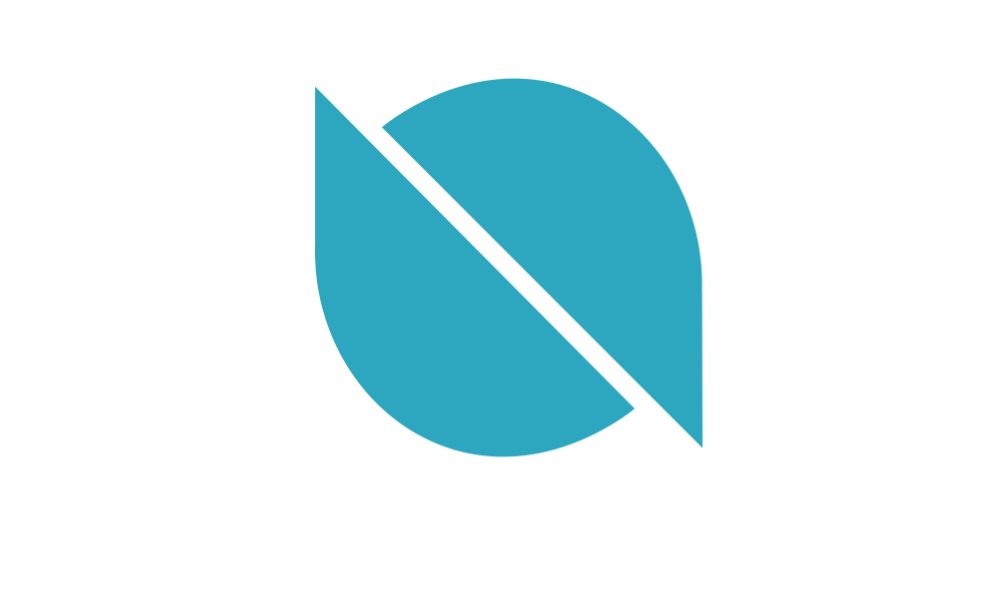One of the biggest boons of the crypto industry is smart contracts that are redefining the ways markets function. Smart contracts are simple coded programs that run when certain predefined conditions are met. They are widely used to automate the execution of legal contracts or processes. The smart contract clearly defines conditions even in case of default, thereby cutting down on the requirements of a third-party mediator. As such, smart contracts have a wide array of applications such as digital identity, financial security, financial activity, governance, insurance, trading activity, supply chain management etc. Over the recent years, the crypto industry has been a rise in blockchain startups offering smart contract creation and dapps deployment services. Ontology is one such platform. It aims to build an infrastructure to provide trusted access to web3 by providing regulatory compliant digital identity and data solutions. So, let’s understand how it functions and what it has to offer!
What is Ontology Gas?
To begin with, Ontology is a high-performance and low-cost public layer-2 blockchain for smart contracts. It provides a platform that allows third-party developers to create smart contracts and deploy decentralised applications to suit their specific needs. More specifically, it focuses on providing regulatory compliant digital identity and data solutions. Using these services, businesses and individuals can access web3 safely while protecting their privacy and data through encryption. The encryption prevents users from malicious actors. Ontology offers the following products and services for its users on the platform:
- ONT ID: Using this, users can protect their identity and data as opposed to constant oversight and maintenance. Therefore, it allows you to be stress-free in turn saving you from hijacks and identity theft.
- ONTO Wallet: Users can use the ONTO Wallet (a cross-chain wallet) to manage their identity, data, and assets in one place, thus allowing them one hundred per cent control over their data. Users can also see their transaction history which gives them control over their digital footprint.
- Wing Finance: It is a cross-chain decentralised finance lending protocol which uses a reputation score to give users access to loans. The reputation score is called OScore and is enabled by using ONT ID. It is the first and only blockchain reputation scoring system. Apart from loans, Wing Finance can also be used for lending, borrowing or insurance purposes.
- SAGA: It is a decentralised data protocol that enables users to purchase and monetise their data. In doing so, it provides a fair and secure marketplace for data without undermining the regulations.
How does Ontology Gas work?
The Ontology platform supports the deployment of decentralised apps using various virtual machines. Virtual machines are essentially virtual environments like Ubuntu, Windows etc. A virtual machine uses software to allocate resources to run programs and deploy applications. Ontology supports multiple virtual machines (for instance Neo VM, and WASM VM). This allows users to flexibility to make applications specific to their needs and resources. Moreover, the Ontology network uses a consensus engine framework that allows the platform to use various consensus mechanisms. This is of special importance since the core consensus algorithm of the Ontology platform is Verifiable Byzantine Fault Tolerance (VBFT). VFBT is a hybrid algorithm that combines Proof of Stake (PoS), Verifiable Random Function (VRF), and the Byzantine Fault Tolerance algorithm (BFT). The consensus engine allows Ontology to record transactions from different machines in the same order. Read more about it here.
Ontology also includes an off-chain scaling solution called HydraDAO. It is used for making efficient decentralised applications that are scalable in performance, function and business. For instance, Oracle access, the Layer 2 scaling or cross-system communication. The platform provides sharding in three dimensions: state sharding, transaction sharding, and network sharding. Additionally, the platform has a standard protocol to execute transactions cross-chain thus ensuring compatibility with other chains. Not just that, Ontology also ensures frictionless compatibility with Ethereum using its Ethereum Virtual Machine (EVM). Using this the Ontology platform allows smart contract deployment on Ethereum.
The tokens: a snapshot
Now, let’s go over the two Ontology coins: ONT and ONG also known as Ontology Gas. ONT is used to secure the network and the ONG is used to pay for transactions on the network. ONT allows users to take part in the Proof-of-Stake (PoS) consensus mechanism and participate in the on-chain governance. Using ONG you can pay for transactions for deploying a smart contract or a decentralised application or while sending ONT across the platform. Users can earn ONG by staking ONT tokens on the network.
Conclusion
Businesses or organisations can use the Ontology platform to create smart contracts and deploy decentralised applications. The platform offers customised solutions for digital identity and data problems that users face. In doing so, the platform offers a bunch of cutting edge features. Using ONG, you can pay for creating a smart contract or deploying a dapp. Not just that, you can earn ONG by staking ONT in the network. If you are looking to buy one coin to suit your portfolio, you should consider ONG. Now you can buy ONG at Zebpay.

